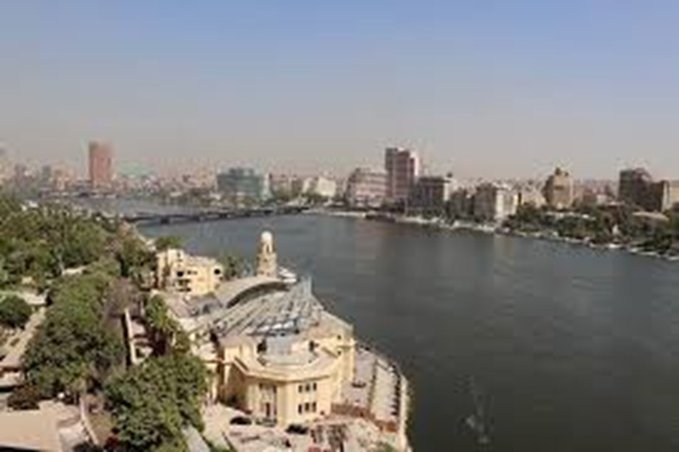|
Getting your Trinity Audio player ready...
|
The African Development Bank (www.AfDB.org) Board of Directors approved a loan of USD 271 million to finance Egypt’s Food Security and Economic Resilience Support Program to support efforts to mitigate the impact of the global shocks on the domestic economy from the Russia-Ukraine conflict and to preserve resilience.
The program includes two major components: Support for the Food Security Response and Build Private Sector and Fiscal Resilience.
The first component seeks to increase national agricultural productivity and mitigate food security risks for people in vulnerable situations. The program will support broad-based growth by increasing agricultural productivity and sustainability by setting additional incentives to encourage local farmers to grow wheat and increasing their share of subsidized fertilizers.
The second component will help enhance Egypt’s private sector and fiscal resilience as a resilient private sector can be instrumental in reducing the economic and social impacts of the exogenous shocks.
Mohamed El Azizi, African Development Bank Director General for North Africa, explains. “This new operation integrates emergency measures as well as structural measures. Its objectives: strengthen food security and improve the resilience of the private sector and public finances”.
The project comes through multi-donor stand-alone budget support for Egypt (USD 97.3 million) from the African Development Bank and other co-financiers, and the African Emergency Food Production Facility with total finance of USD 173.7 million approved by the Board of Directors on May 2022.
Egypt is a founding member of the African Development Bank Group. Lending operations began in 1974, and since then, the Bank Group has financed operations in infrastructure development (transport, power, water supply, and sanitation), agriculture, communications, finance, industry, and social sectors as well as economic and institutional reforms and capacity building.






